UK Ministers Seek Trade Deal with India to Boost Economy
The UK government is reviving trade negotiations with India this week in a renewed effort to secure a multibillion-pound free trade agreement aimed at revitalizing the UK’s struggling economy.
Business and Trade Secretary Jonathan Reynolds traveled to Delhi on Sunday for discussions with his Indian counterpart, Piyush Goyal. This marks the 15th round of talks, resuming after a pause in May when the UK general election was called.
For years, successive Conservative governments attempted to finalize a trade deal with India, which is considered one of the most valuable potential post-Brexit agreements. Reynolds emphasized that achieving a deal is a “top priority” and pledged to make the necessary tough decisions to deliver results.
“British businesses need a trade deal that will help them reduce costs, expand, and thrive in India’s vast market. This government is determined to make that happen,” he stated.
During his visit, Reynolds and Goyal will tour BT India’s offices in Gurugram, while Investment Minister Poppy Gustafsson will engage with business leaders in Mumbai and Bengaluru.
Standard Chartered CEO Saif Malik, whose company has operated in India for over 160 years, highlighted the immense opportunities such a deal could bring. “Greater access to India’s booming consumer market, expansion in manufacturing and infrastructure, and enhanced cooperation in financial and professional services could unlock significant trade and investment benefits for both nations,” he said.
With a trade relationship worth £41bn, the UK and India are currently the world’s sixth and fifth largest economies, respectively. India is on track to become the third-largest global economy by 2028, but it is known for its tough negotiating stance. Prime Minister Narendra Modi’s government recently finalized a £79bn trade agreement with the European Free Trade Association after 16 years of negotiations. Former U.S. President Donald Trump even acknowledged Modi as a tougher negotiator than himself.
Despite previous attempts under Boris Johnson, Liz Truss, and Rishi Sunak, no UK-India deal has been finalized. Sunak’s government had come close, but talks were suspended due to the UK election.
Key negotiation points include the UK’s request for lower tariffs on exports such as cars and whisky, along with greater market access for British legal and financial services. In return, India is pushing for streamlined visa processing for its workers and relief from national insurance payments for Indian professionals temporarily working in the UK.
Another challenge is India’s request for an exemption from the UK’s planned carbon border adjustment mechanism (CBAM), a proposed tax on carbon-intensive imports such as steel, glass, and fertilizer. While India argues for leniency as a developing nation, exempting it could be controversial, as CBAM aims to support UK steel producers and cut emissions.
Recent government initiatives have spotlighted UK companies expanding their exports to India. In the 12 months leading to September 2024, UK businesses exported around £17bn worth of goods and services to India. Among these are Radio Design, a West Yorkshire-based company with a manufacturing site in India; marcusevans group, a tech firm with global operations in Mumbai; and Coventry-based ApplianSys, which is launching an education technology pilot across 5,000 Indian schools.
Reynolds underscored that technology and life sciences are key sectors driving UK exports, with the potential to generate tens of millions of pounds for the economy. As trade talks resume, the UK government hopes this long-anticipated deal will finally come to fruition, unlocking new opportunities for businesses on both sides.

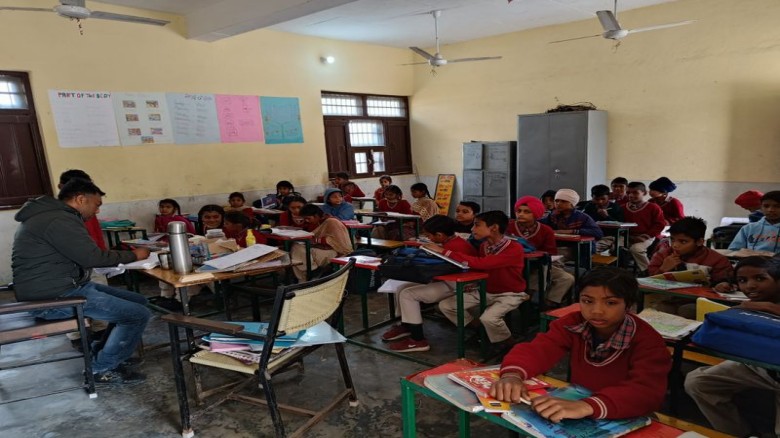
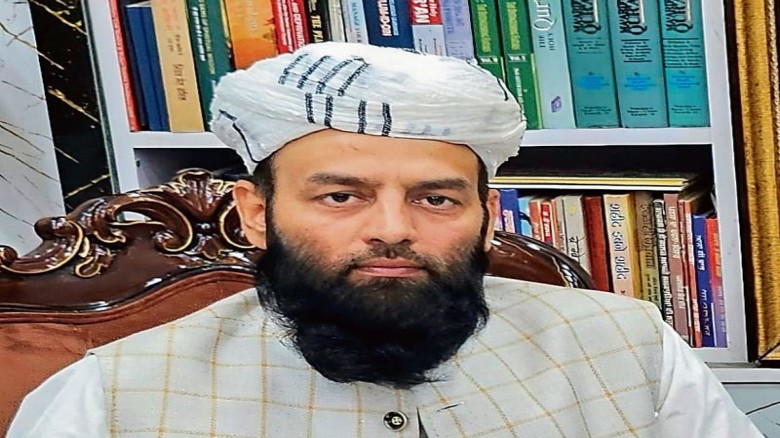
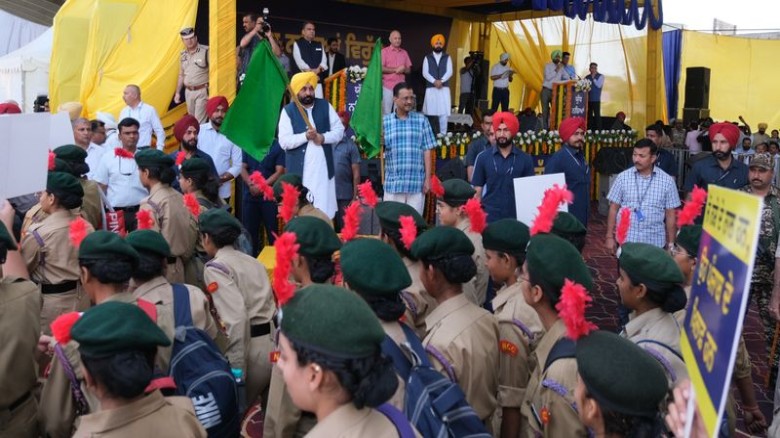
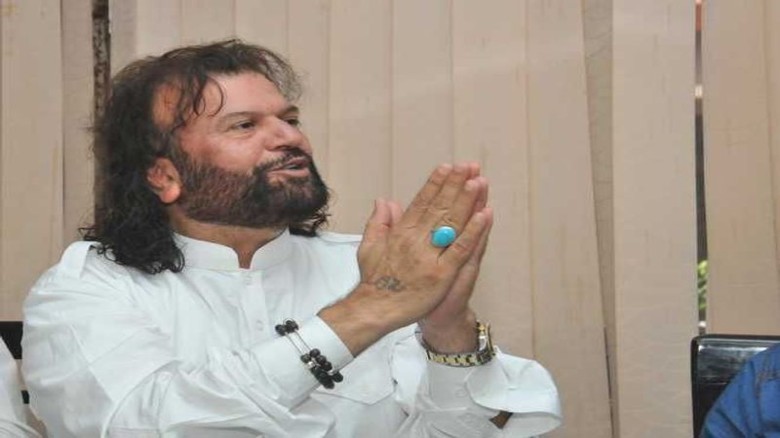

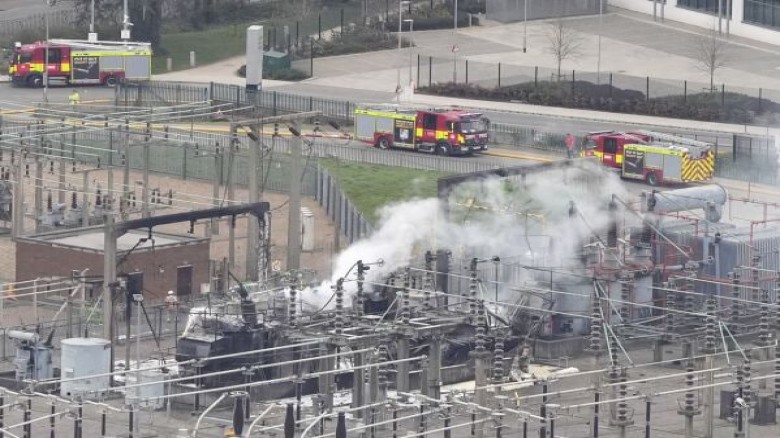
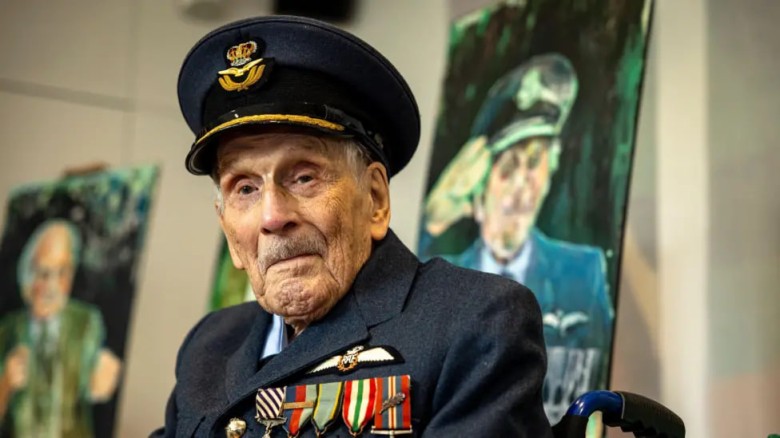

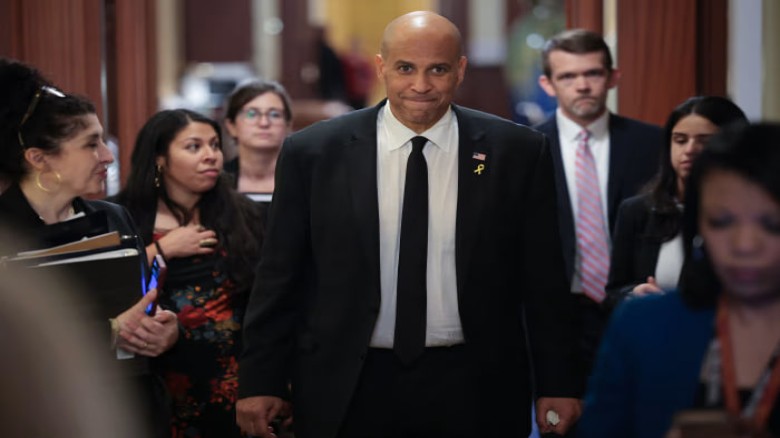
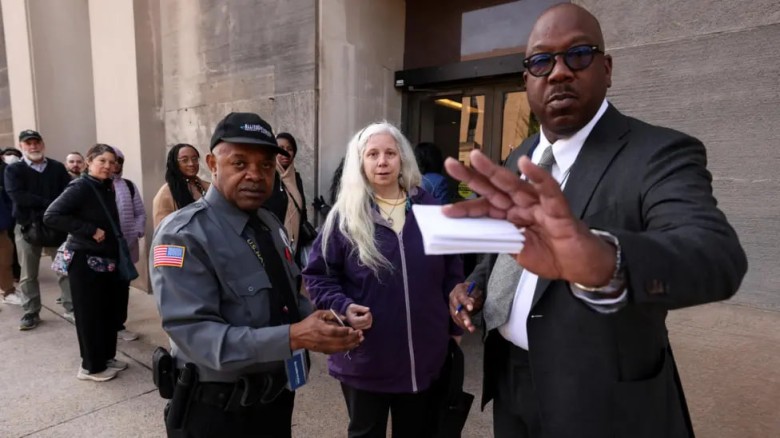
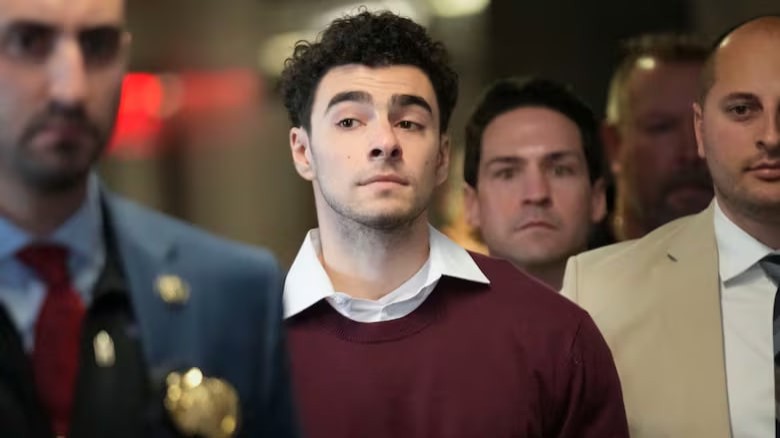
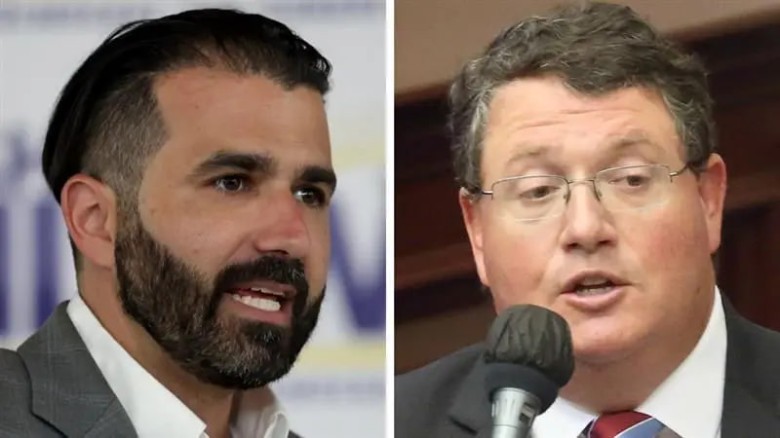

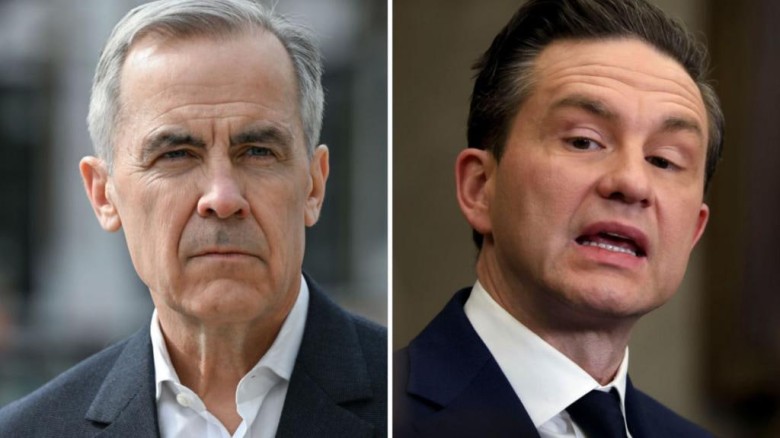
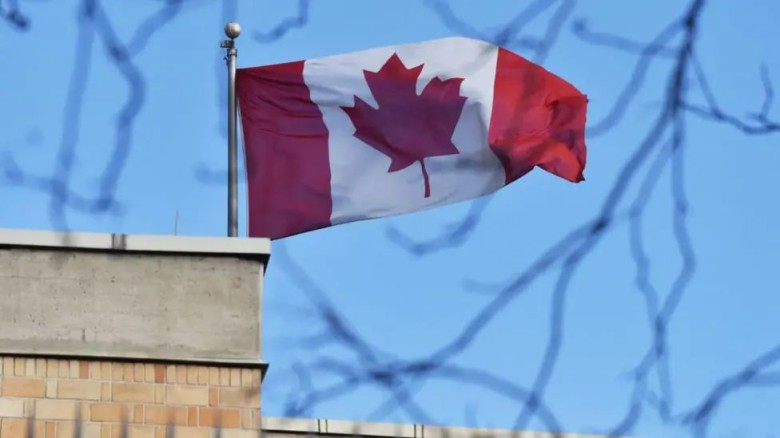
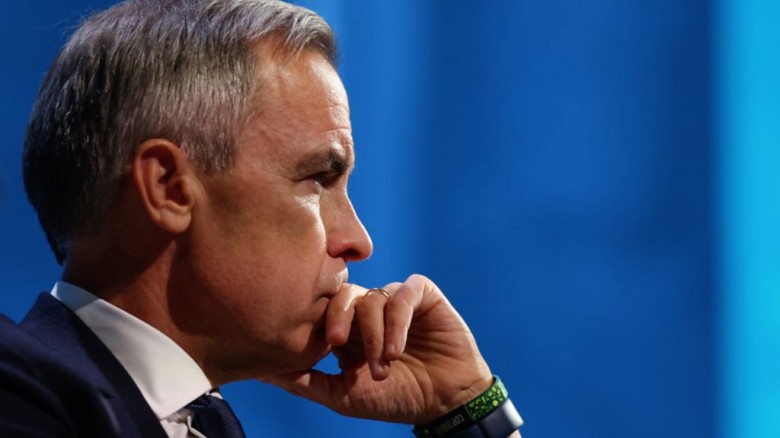
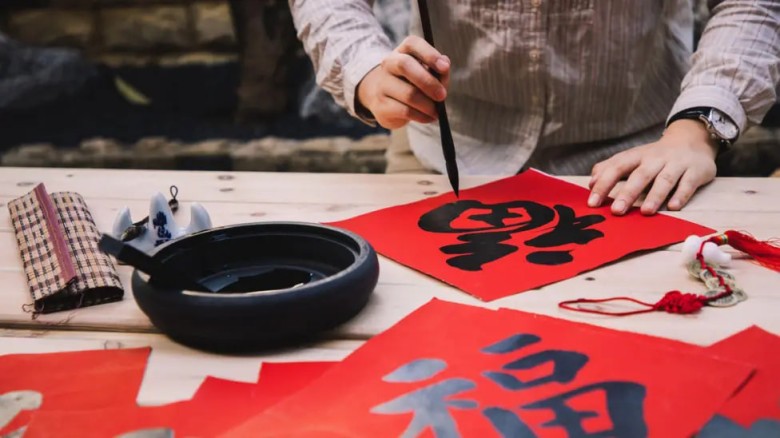
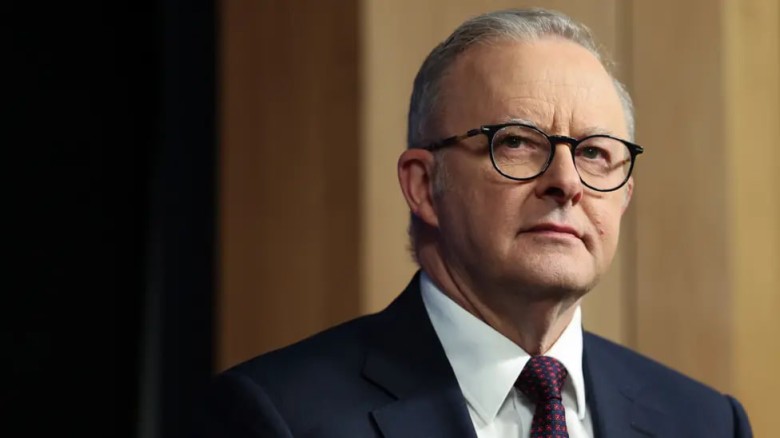
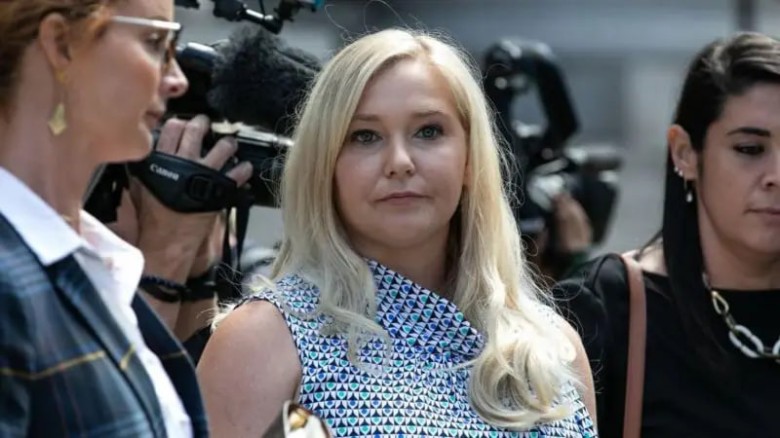

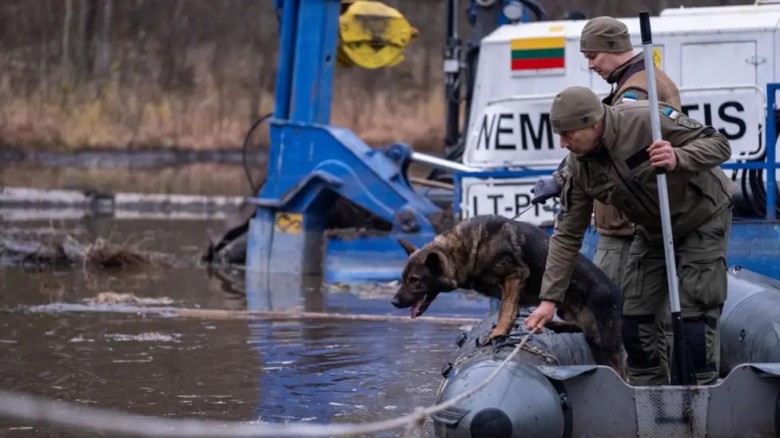
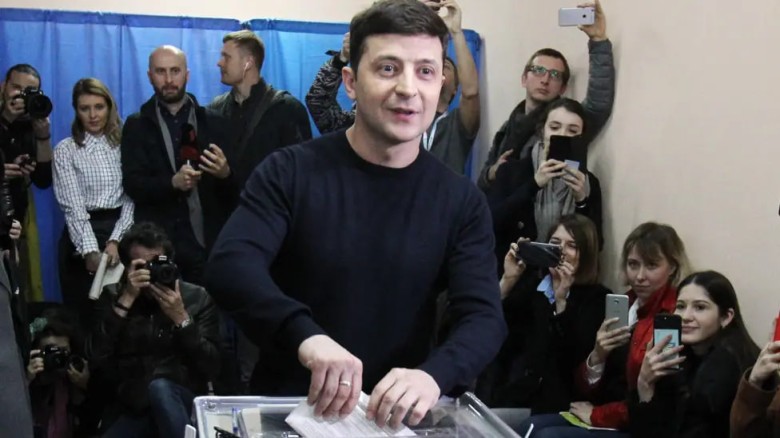
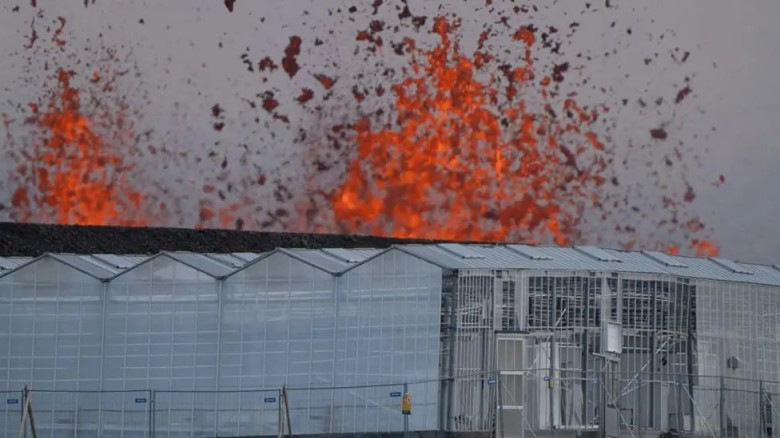
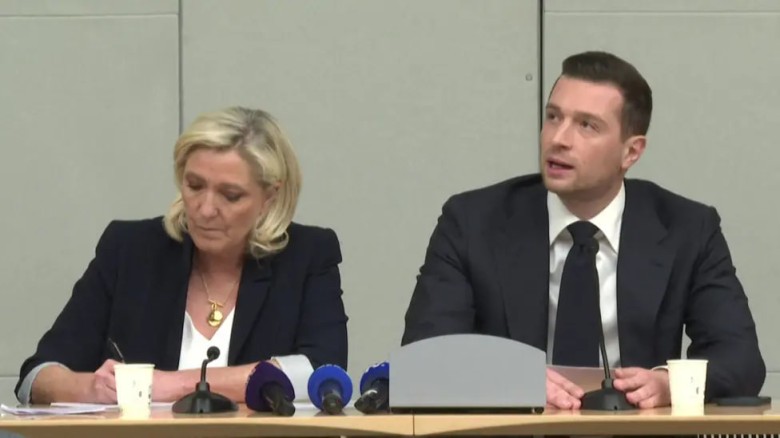
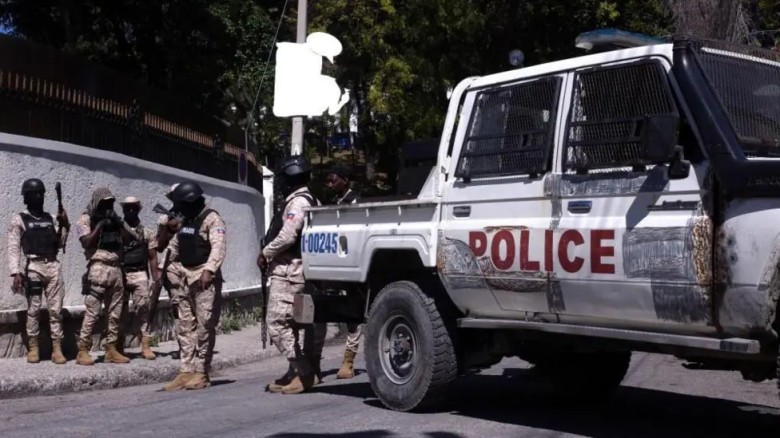
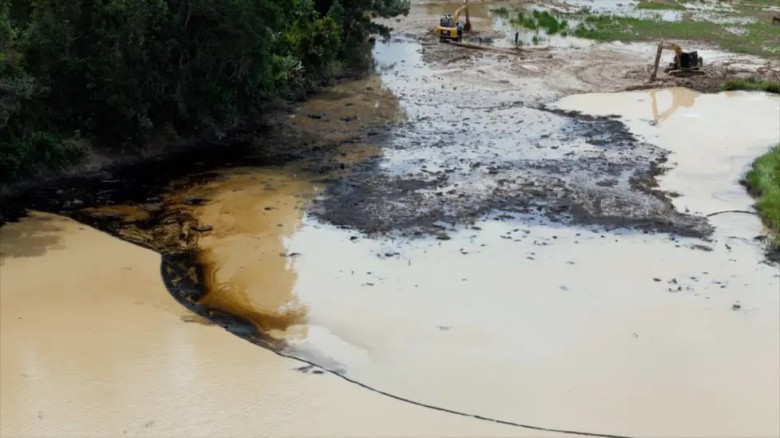
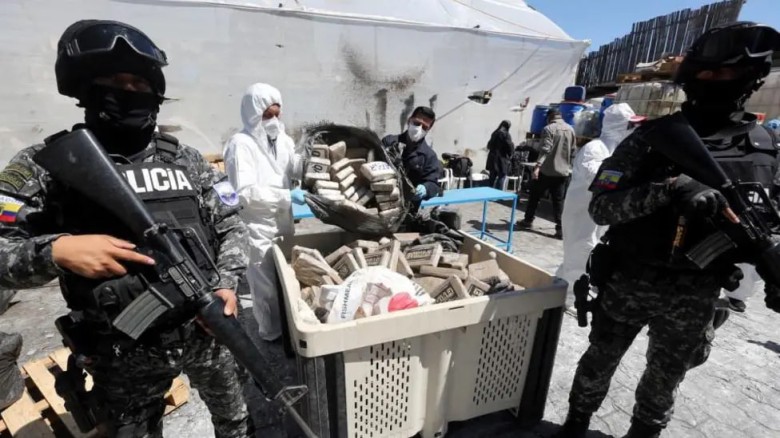
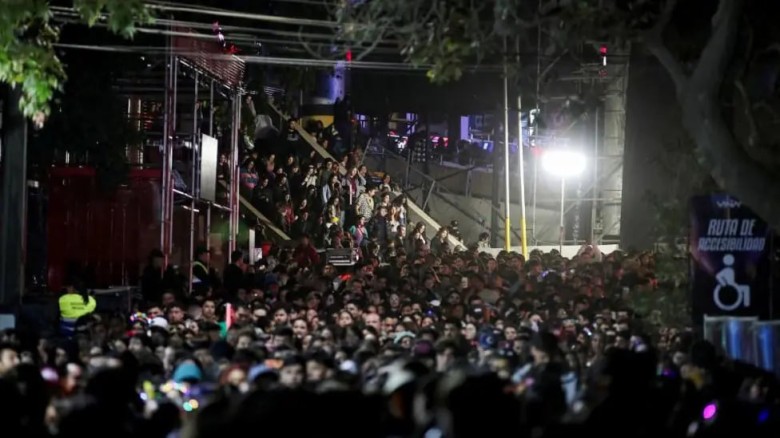





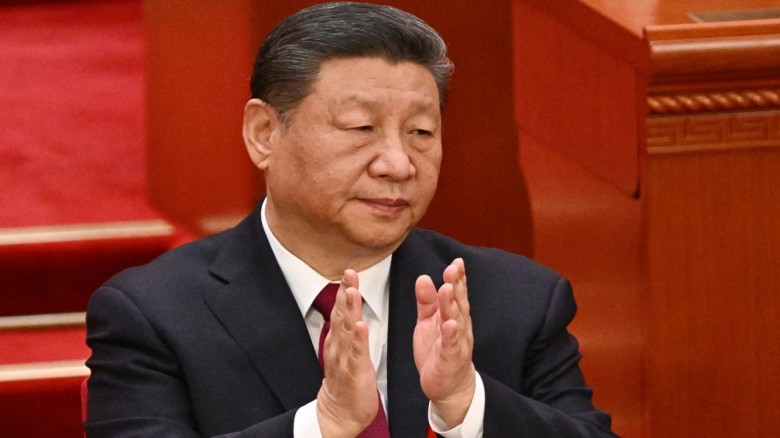
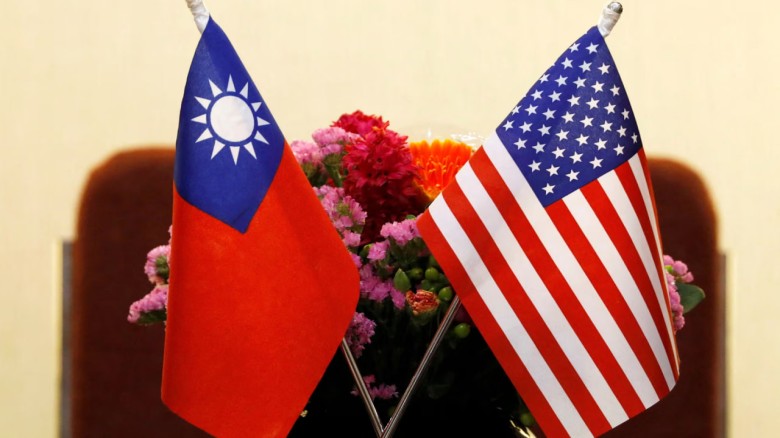


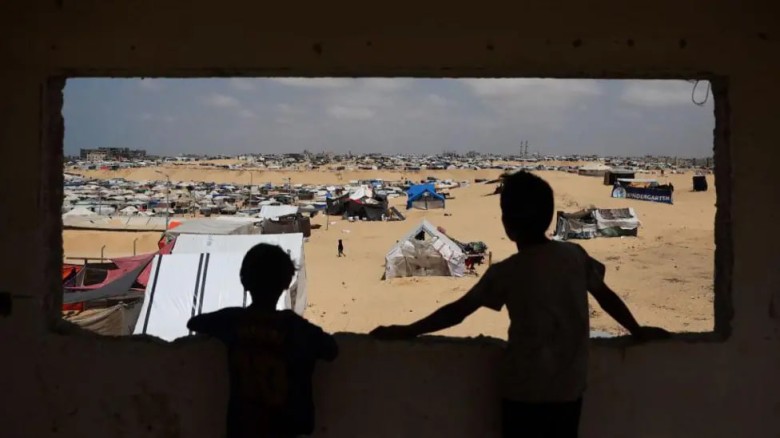
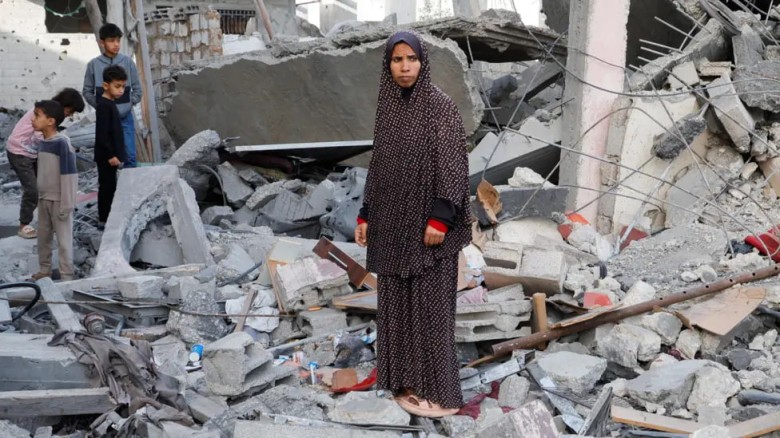
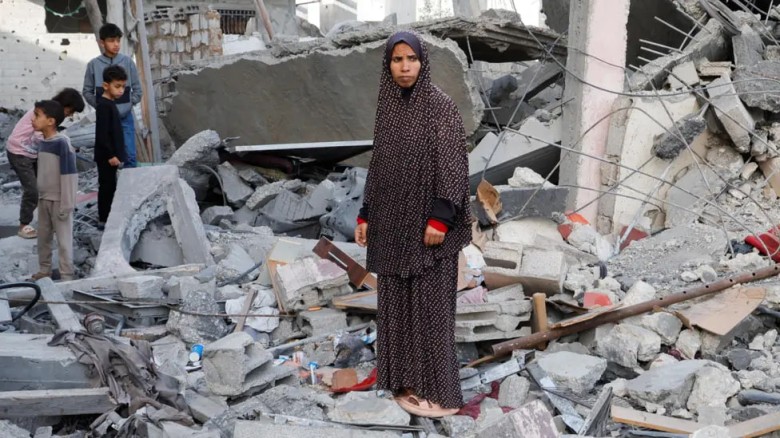

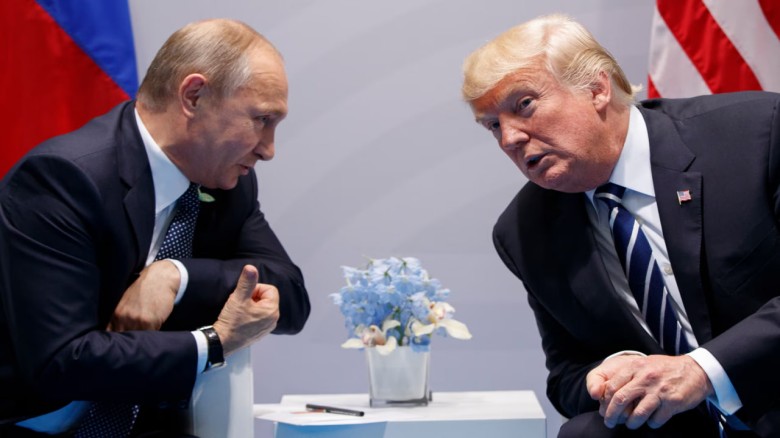
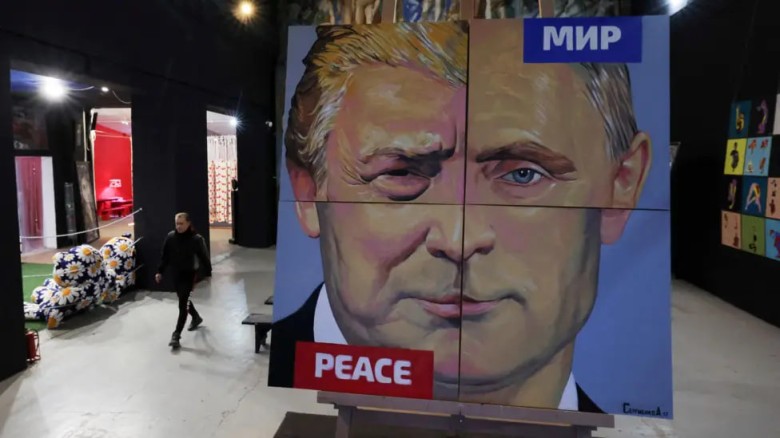
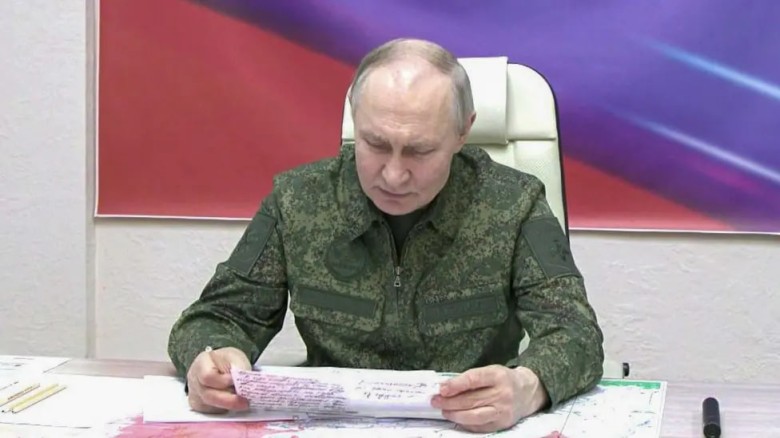



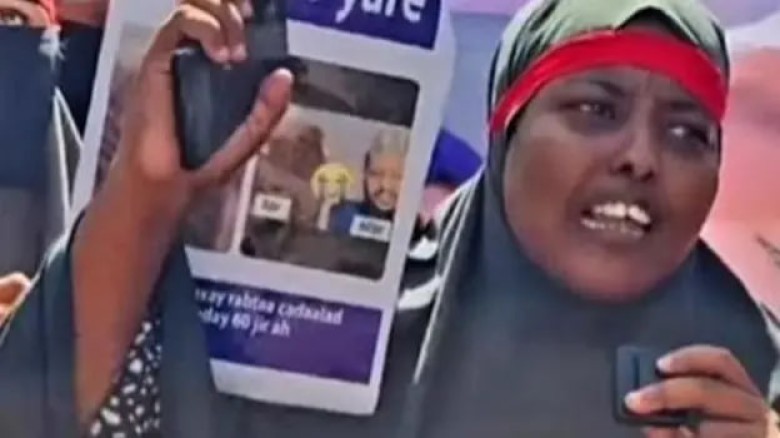
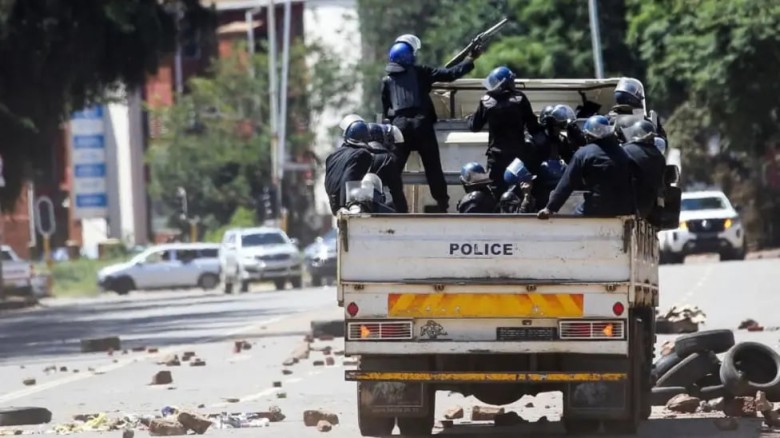
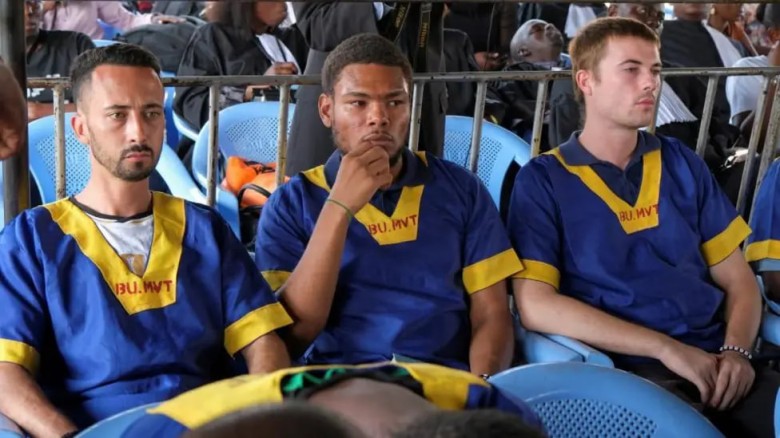
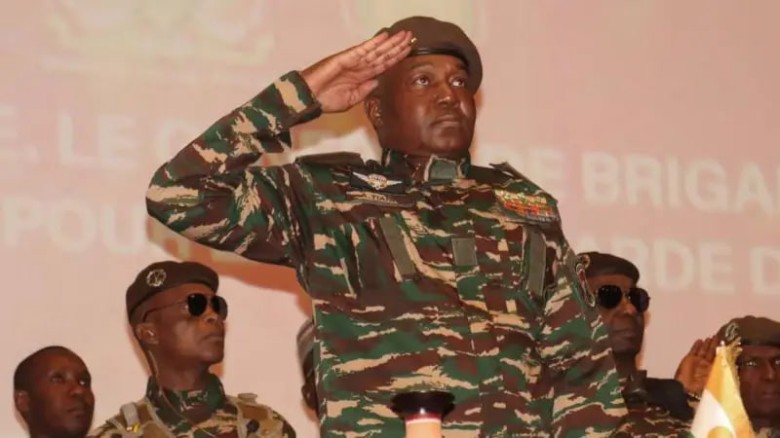







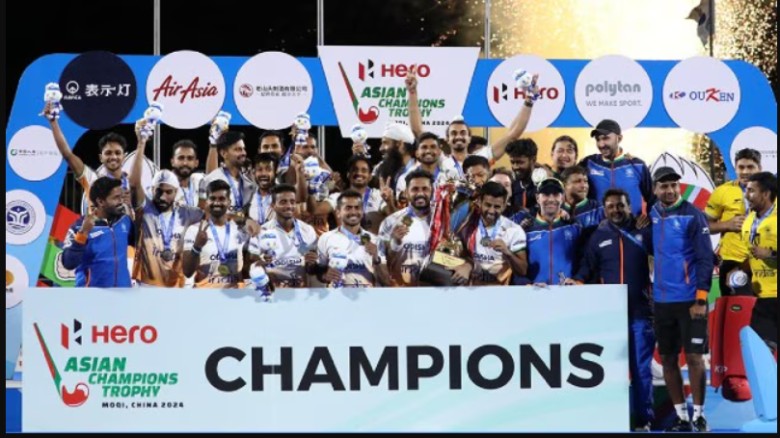



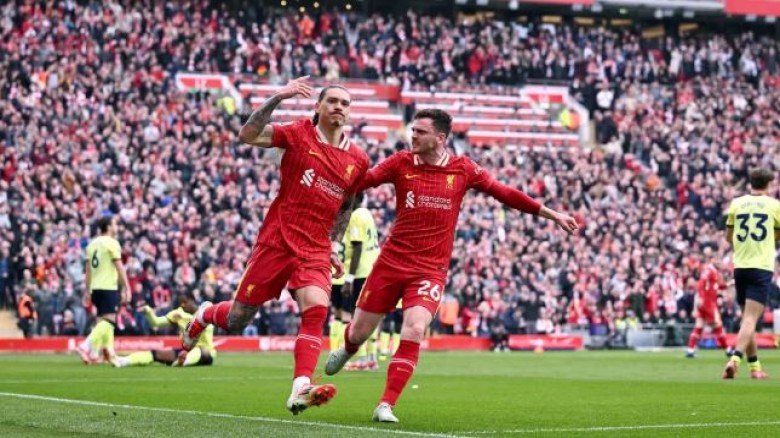

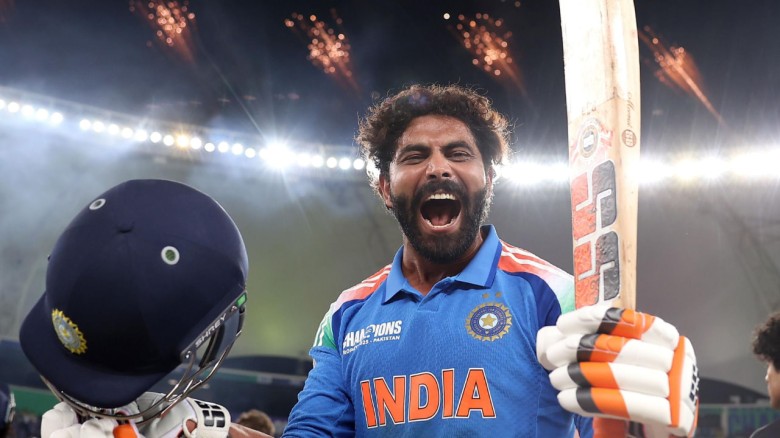
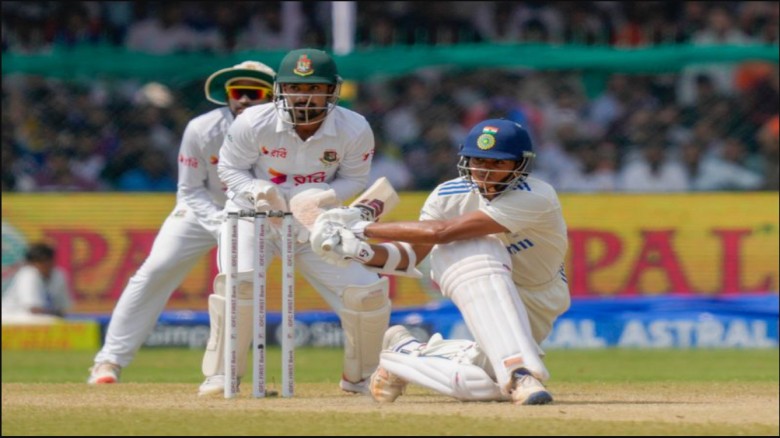
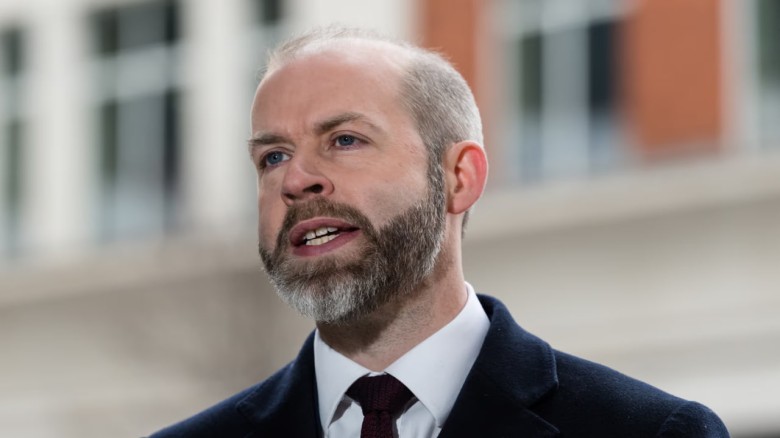


Leave A Comment